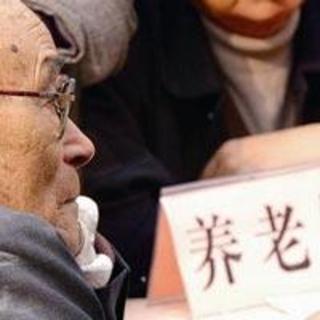
介绍:
According to an executive meeting of the State Council, China will reform its pension scheme by unifying the two separate systems for urban and rural residents to allow people better access to social benefits.
The move is part of efforts to address pension payment gaps between residents in urban and rural areas.
The unified system will build stable expectations for improving livelihoods and facilitate population movement, said the meeting statement, adding that it will also boost consumption and encourage more business start-ups.
The statement also says pension funds will be pooled from individuals, employers and governments at various levels. The central government will provide more subsidies to people in less-developed central and western regions. The pension system will serve as a safety net for millions of seniors.
Zhang Jun director of economy research center of Fudan University says this is a significant step forward toward making public welfare more equal between urban and rural residents.
"With this plan, the difference in pension levels between the urban and rural areas may diminish gradually and reach a comparatively even status in the end. In the future, there will still be differences between regions, but the difference in pensions between urban and rural areas will be eliminated."
Ma Li, Counselor of the State Council, says the current residency system is a major obstacle in the transaction phase of China's pension system reform.
"The key problem we need to solve is realizing the fairness of basic public services for urban and rural areas. If you want migrant workers to freely choose where they want to work, providing basic public services, like reforming the country's current residency system, is vital. The reform should ensure people from different parts of China can enjoy the same welfare in society."
According to the China National Committee on Aging, China has the largest senior population in the world, with 194 million people at or above the age of 60 at the end of 2012.
This age group is expected to grow to 243 million by 2020, and one-third of the population will be over the age of 60 by 2050.
According to the meeting statement, the annual sessions will soon commence for the National Committee of the Chinese People's Political Consultative Conference, the top political advisory body, and the National People's Congress, China's parliament.
The "two sessions" serve as an important channel for ministries and departments under the State Council to hear what the public has to say about government work.
大家还在听

